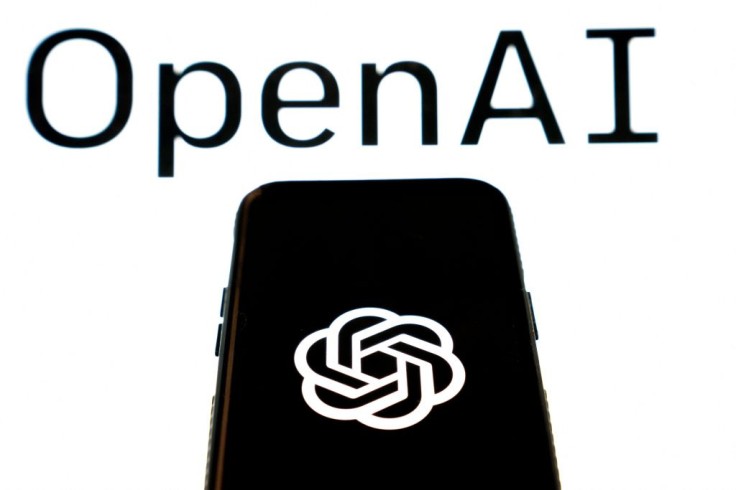OpenAI is reportedly working on a new and more advanced AI model capable of more complex reasoning for "deep research," people familiar with the matter told Reuters.
Codenamed "Strawberry," the new AI model is touted to be capable of not only answering user queries but also searching and analyzing information gathered from the internet.

The AI model is believed to be the same project "Q*" from last year, an OpenAI model capable of answering complex science and mathematics problems.
So far, the company already signaled customers about great progress on the technology possessing advanced reasoning capabilities, although no internal demo has been released to third parties yet.
The source did not confirm whether the new AI project is the long-rumored GPT-5 model insider reports have touted to be "materially better" compared to all previous OpenAI models.
No estimated commercial release date for the "Strawberry" AI project was also given.
What Can OpenAI's New Model Actually Do?
Internal documents reviewed by Reuters indicated that the "Strawberry" AI model will be equipped with "post-training" features similar to Stanford University's "Self-Taught Reasoner."
The feature will reportedly allow the AI to continuously and autonomously adapt to new information in addition to the data it was first trained from.
Insider documents claimed the feature will help the AI to "plan ahead" and execute several tasks on its own for an extended period.
These same capabilities will be used to power the AI's internet navigation features.
AI Reliability Remains Under Scrutiny
While OpenAI seems to lean more towards research applications for its future AI models, reliance on the technology for information remains under harsh criticism due to the generative AI's vulnerability to "hallucinations."
Previous studies have indicated that OpenAI's ChatGPT still generates non-existent links for its partnered news outlets, potentially empowering online misinformation.
This is despite OpenAI repeatedly vowing before to improve safeguards on its technology to prevent similar incidents from happening again.
Related Article : ChatGPT Still Cites Nonexistent Links, Nieman Lab Finds









